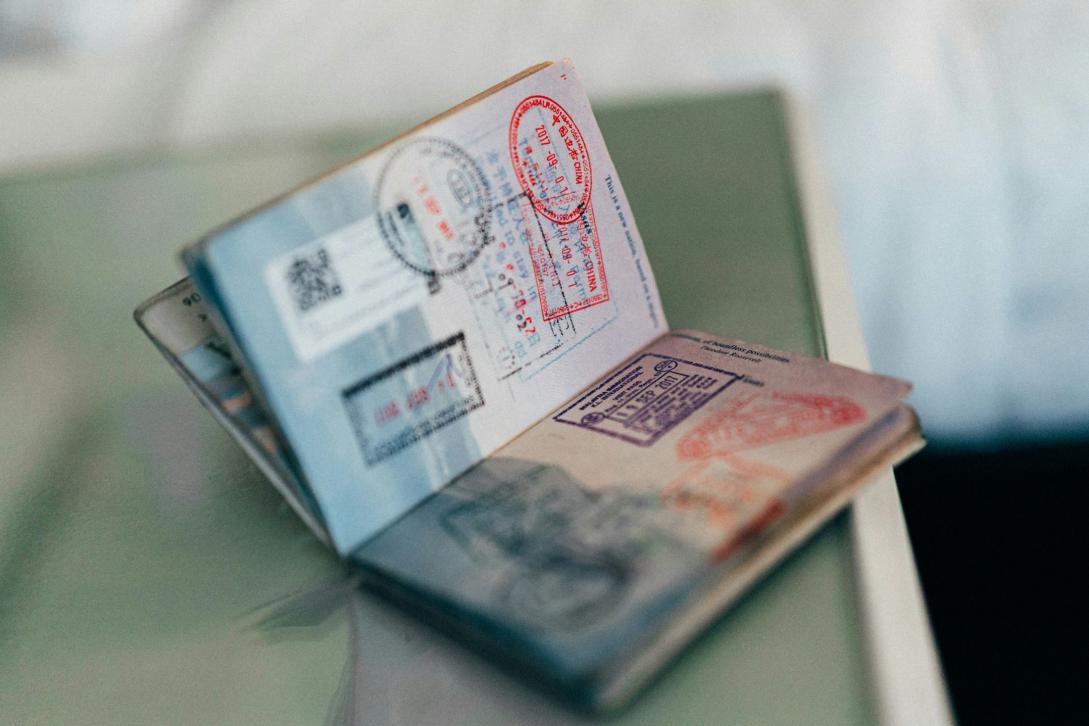Starting in late 2026, Asian travelers from visa-exempt countries will need more than just a valid passport to enter Europe. The European Union will roll out the European Travel Information and Authorisation System (ETIAS), a new digital pre-entry requirement for short-term stays in 30 European countries.
This new rule will apply to nationals from 59 visa-exempt countries, including key Asian markets such as Japan, South Korea, Singapore, Malaysia, and Hong Kong.
While ETIAS is not a visa, it functions as a mandatory travel authorisation aimed at enhancing border security while streamlining the entry process for eligible travelers. Once approved, ETIAS will be digitally linked to the traveler’s passport and remain valid for up to three years or until the passport expires—whichever comes first. A new ETIAS must be obtained with a renewed passport.
Applicants will need to fill out an online application and pay a €20 fee (approximately USD 23.20). Originally announced in 2016 with plans to launch in 2022 and a projected fee of just €7, the system has faced multiple delays. The current timeline sets implementation for the end of 2026.
Certain travelers are exempt from the ETIAS requirement. These include EU citizens, holders of valid long-stay visas or residence permits from an EU member state, and nationals of countries such as Ireland, Andorra, San Marino, Monaco, and the Vatican. UK citizens protected under the Brexit Withdrawal Agreement are also not affected.
ETIAS will apply to travelers visiting all Schengen Area countries as well as Bulgaria, Cyprus, and Romania, which are currently in the process of fully joining the Schengen framework.
This change will have major implications for Asia’s travel and hospitality sectors. According to Eurostat, Asian tourists accounted for around 4.6% of international overnight stays in the EU in 2023—about 64 million guest-nights. Though this is a modest share, Asian travelers are often high-value visitors, and Europe continues to be a top long-haul destination for many.
With international tourist arrivals in Europe reaching 747 million in 2024, the introduction of ETIAS is expected to influence future travel volumes from Asia. Travel agencies, airlines, hotels, and tour operators are advised to start informing customers early to prevent disruptions, delays, or denied boarding due to missing authorisations.
Travel businesses should integrate ETIAS information into the booking process and guest communications. Recommended steps include updating confirmation emails and websites with details in multiple Asian languages, training staff to verify ETIAS status, and ensuring clear pre-arrival messaging on the new requirement.
Though ETIAS adds a new administrative step, it is unlikely to discourage travel if properly communicated. For the travel industry, this highlights the need for multilingual support, proactive customer engagement, and seamless coordination to maintain a smooth and enjoyable travel experience—especially for high-value Asian tourists.












Leave a comment